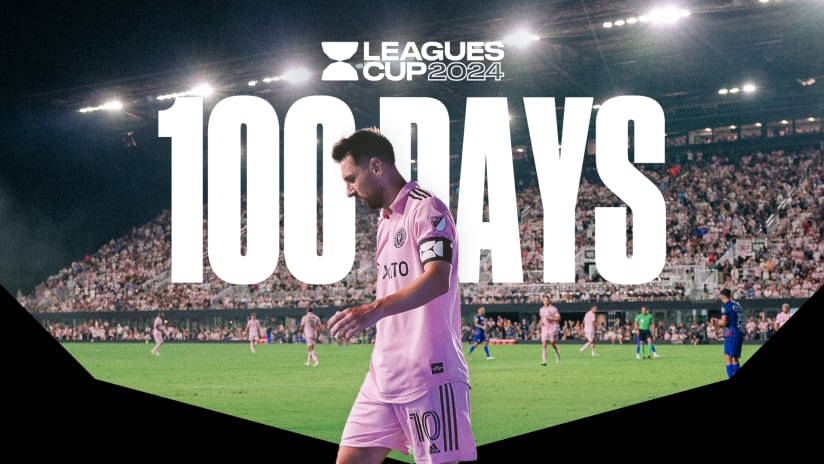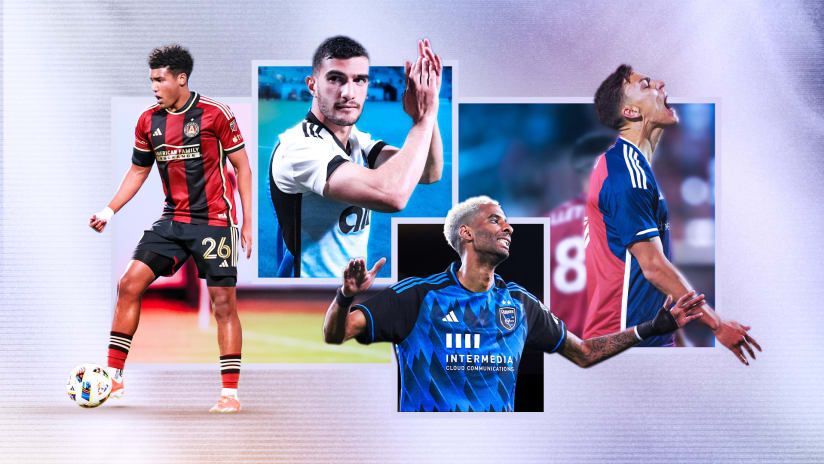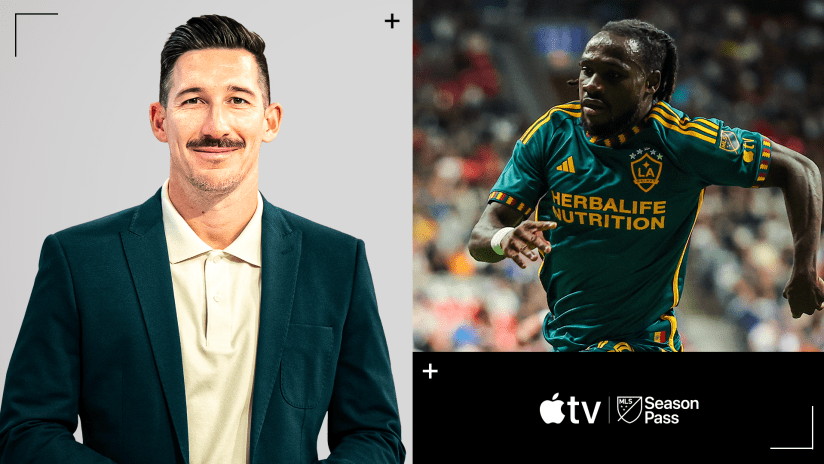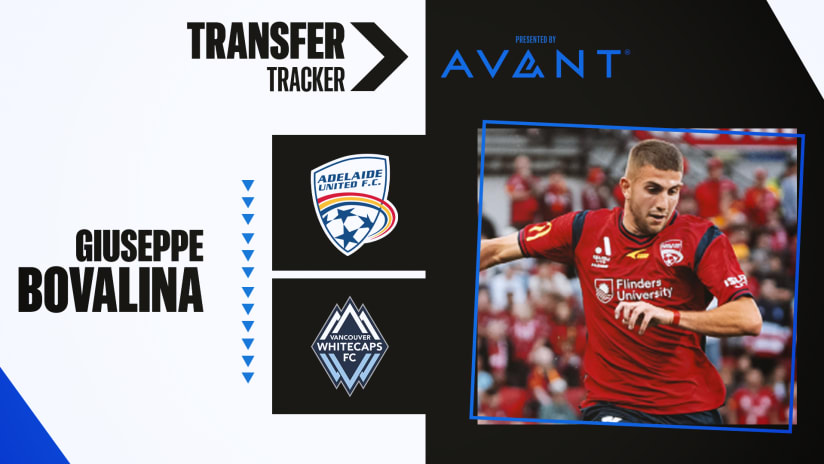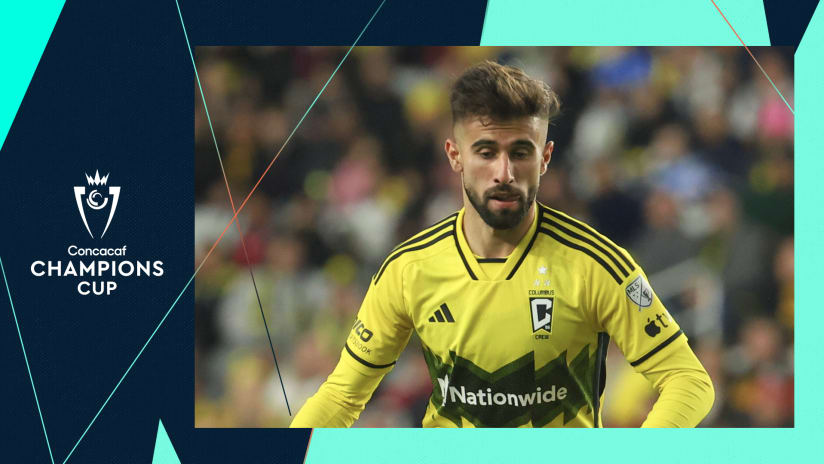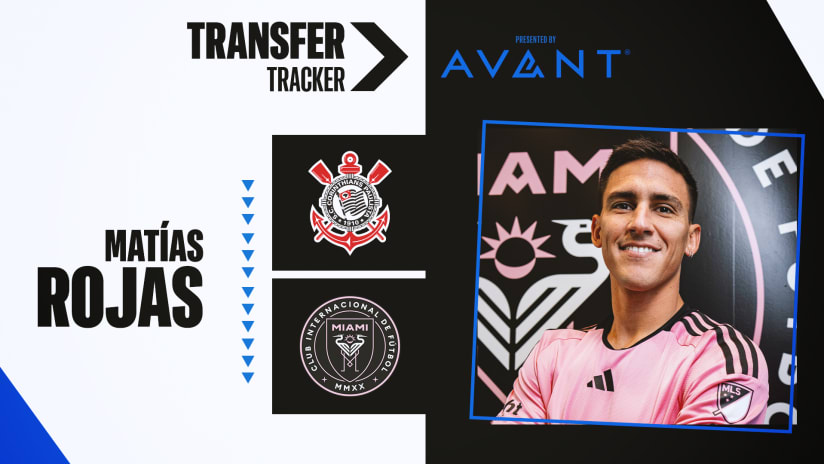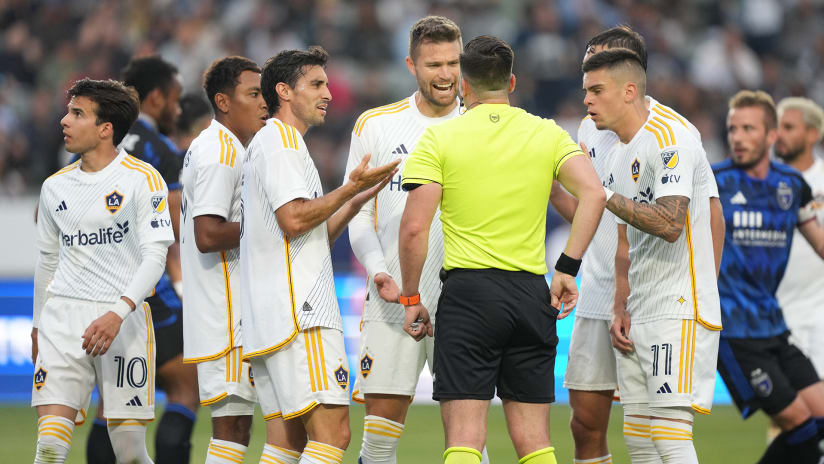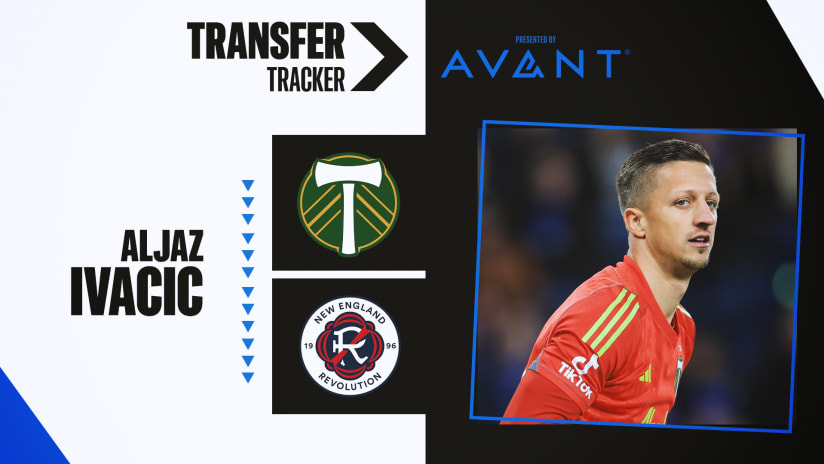In association with Copper Pot Pictures, Major League Soccer is releasing a six-part mini-documentary series this week titled, Landon Donovan: LegenD. Each episode highlights a theme from Landon Donovan’s unparalleled career, with one premiering each day ahead of his final regular season home game (LA Galaxy vs. Seattle Sounders FC, Sunday, Oct. 19 at 8 pm ET on ESPN2 & TSN2).
Sports-talk radio is no place for the weak of heart.
It’s where guys like “Steve from Staten Island” call in to blast the latest boneheaded coaching move by Rex Ryan, or where Jim Rome and former NBA Commissioner David Stern can engage in one of the most uncomfortable, awkward interviews ever.
So when a guy like Landon Donovan can find a safe haven on a place like The Dan Patrick Show over and over and over again, it’s not exactly insignificant.
How safe exactly? The greatest player in American soccer history has appeared on the nationally syndicated program seven times — in 2014 alone. That’s more than Derek Jeter, Johnny Manziel and Dwyane Wade combined.
Not that The DP Show is the bellwether of American sporting celebrity — far from it. It’s just decibel levels of noise in an increasingly loud sportschatter landscape.
But that’s the point: Donovan’s place in the mainstream was never questioned. He has earned his place as the voice of American soccer.
He made the late-night rounds: Letterman, Stewart, Fallon, Kimmel. He's done the daytime circuit: Today, Ellen, Mike & Mike. Hell, the man once even opened up his Manhattan Beach home for MTV’s Cribs.
These were the coveted trappings of fame reserved for guys like Shaquille O’Neal and Mark Wahlberg — not a soccer player from a smog-soaked, working-class pocket of suburbia 55 miles inland from the Pacific Ocean.
Yet this was Landon Donovan: soccer superstar, World Cup hero, American icon.
How did he become that guy? It’s been 13 years since burst onto the scene as a 19-year-old punk with bleach blonde hair, turning heads with blistering speed and an innate nose for the goal. Twelve years since his international breakout as a 20-year-old who was too naive to know better, stealing the show in the US national team’s improbable run to the quarterfinals of the 2002 World Cup.
What followed — through countless ups and downs, triumphs and tragedies — made him untouchable. Over the next decade, Donovan became the most decorated and recognizable American player ever to put on a jersey at the club or country level.
Five MLS Cups (and counting). Three World Cup appearances. Four U.S. Soccer Athlete of the Year nods. The all-time leading scorer and assist man in the history of both MLS and the US national team. And there are far more accolades to list with not enough space here to do it.
But it wasn’t just on these shores where Donovan’s name, for better or worse, resonates. It’s remembered in South Korea, where he made his international breakthrough. He’s still alternately loathed and envied in Mexico, where he played the villain. He’s polarizing in Germany, with cameos for two Bundesliga clubs. He inspired South Africans with starring roles two summers in a row.
In England, he is a cult hero for Evertonians, where you’re once a Toffee, always a Toffee.
Still, it’s what he did back home that made the biggest difference. In the 1990s, Michael Jordan inspired an entire generation of kids to chase their hoop dreams. Over the next decade and beyond, LD did the same for a new batch of youth with footballing fantasies, fueling them to play the fastest-growing sport in America at the highest level.
We’re seeing that bear fruit now, as young players like Amobi Okugo, Kelyn Rowe and Jose Villarreal all cite Donovan as their biggest role model growing up. There are loads more you’ve never heard of. Whether they make it as pros doesn’t matter. That Donovan has helped them dream is the part of being an icon he values most.
“I really enjoy that piece of it now with the younger kids [coming up],” he told me back in February, on the eve of his final season as a pro. “I enjoy talking to them and helping them. That stuff matters, and that I appreciate very much.”
And with that, we’ll go back to the phones. Caller, you’re on with a legend.


